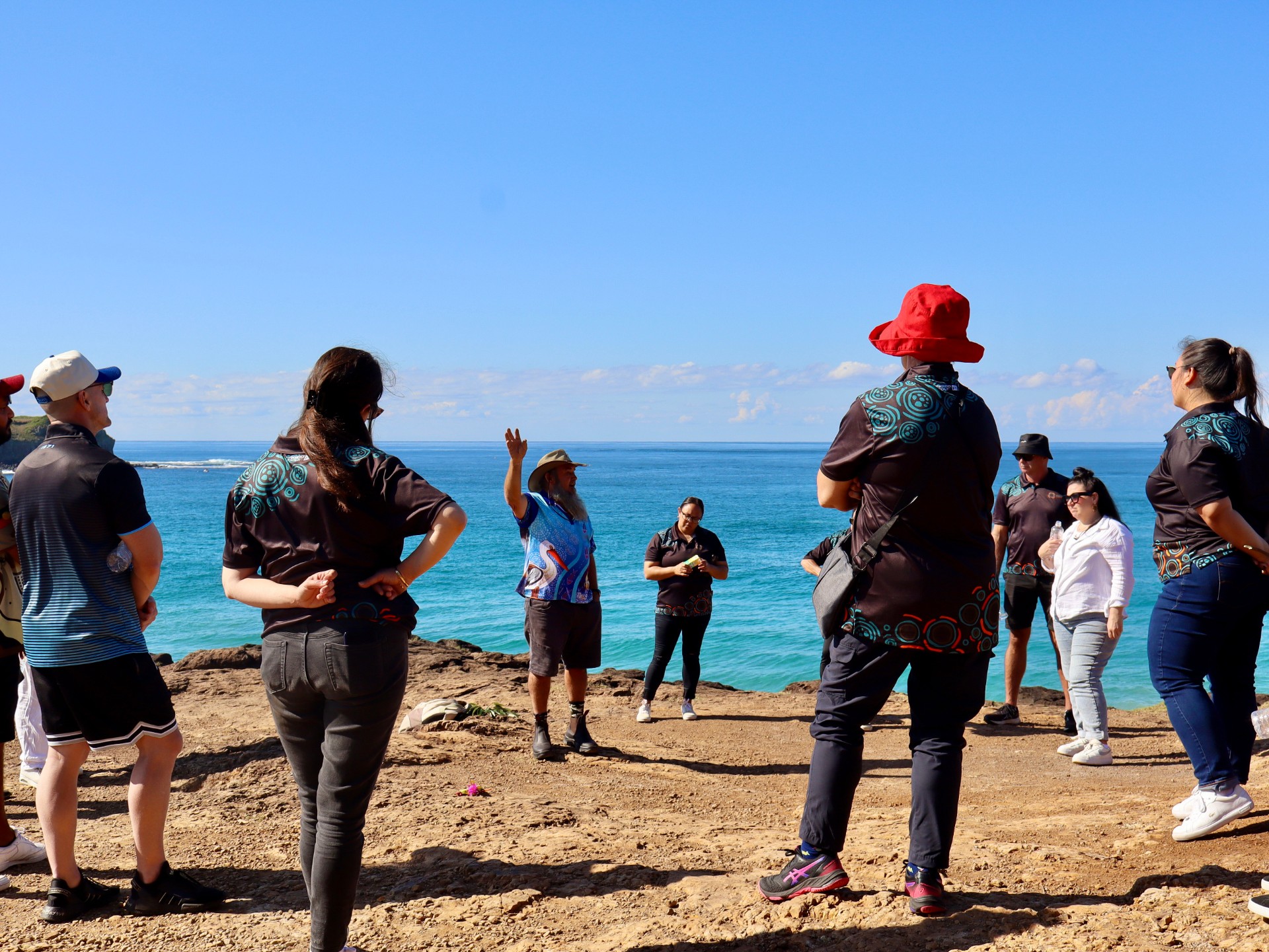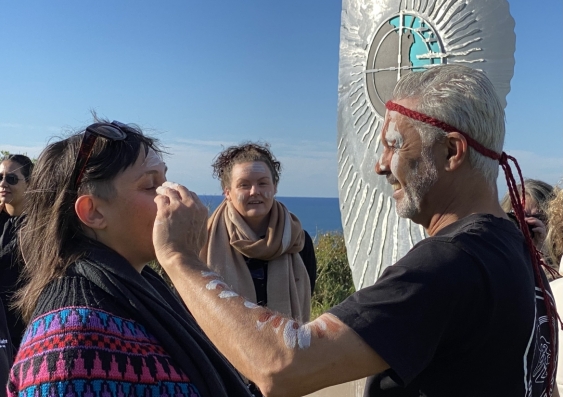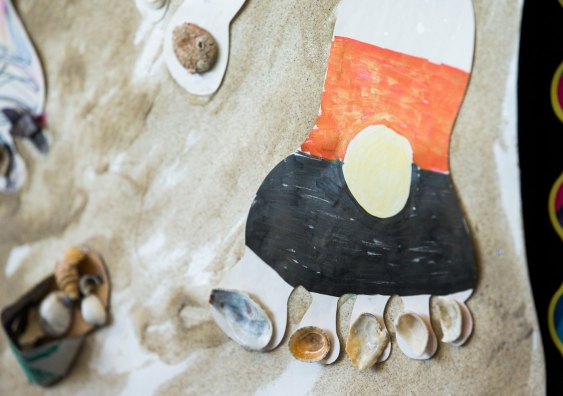The inaugural community of practice event held at UNSW Sydney will translate research and education into meaningful social, environmental and cultural impacts for Indigenous communities worldwide.
Indigenous knowledges experts from UNSW Sydney and across the world are meeting this week on Bidjigal Land in Kensington to share expertise, ideas, and information on how Indigenous ways of knowing, being and doing can address global challenges.
The Inaugural Global Indigenous Knowledge Exchange Community of Practice Event aims to foster research and educational opportunities, facilitate reciprocal knowledge exchange, and promote collaboration between Indigenous communities worldwide.
During the week-long event, Indigenous scholars from across UNSW will be joined by international Indigenous scholars from around the world. The 14 international experts work from the United States, Canada, Brazil, Colombia and Panama.
Media enquiries
For enquiries about this story or interview requests, please contact Julia Holman:
Tel: 0435 124 673
Email: julia.holman@unsw.edu.au

The achievements of the Inaugural Global Indigenous Knowledge Exchange Community of Practice Event will be recognised across a number of areas, according to Associate Professor Brett Biles, Pro-Vice-Chancellor Indigenous Engagement and Research.
These will include new collaborations and research projects, which will contribute to UNSW’s Indigenous academic strengths.
“By building a formalised global Community of Practice, the event aims to enhance staff, student and community knowledge, translating research, education and community relationships into meaningful and reciprocal impacts for Indigenous communities worldwide,” said A/Prof. Biles.
“The shared cultural experiences and workshops will also inform UNSW’s broader Indigenous Strategy, embedding Indigenous ways of knowing, being, and doing into institutional policies and practices.”

The international scholars participating in this week’s event bring a wealth of knowledge and diverse expertise, spanning areas such as Indigenous governance, environmental sustainability, health, education, arts, science, land rights law and justice and cultural preservation.
“By uniting Indigenous scholars, researchers, and leaders from around the world, this initiative fosters reciprocal knowledge-sharing that transcends borders,” said Professor Colin Grant, Deputy Vice-Chancellor Global at UNSW. “We aim to create sustainable partnerships that not only enrich academic discourse but also lead to tangible social, environmental, and cultural outcomes for Indigenous communities globally.
“UNSW is deeply committed to ensuring that Indigenous knowledges are valued, amplified, and integrated into the global research and education landscape.
“This gathering is the foundation for something greater—a global network of Indigenous thought leaders and researchers working collectively to shape policy, innovation, and education.”

This Thursday, the UNSW community will have an opportunity to experience knowledge sharing firsthand.
The event organisers are inviting the UNSW community to come to the Knowledge Exchange Expo on Thursday, 13 February (9:00–11:00 AM) hosted at the AGSM Courtyard. Featuring knowledge exchange activities, it will offer participants the opportunity to hear about learnings from the event, and ways to apply this knowledge can be applied across the University.
Related stories
-

From Country to the classroom: building relationships that empower teachers, students and communities
-

Out of home care: shift to reunite Indigenous families backed by research and community
-

Giving Aboriginal students and communities a voice in schools
-

Closing the other gap: instilling Indigenous knowledge in young hearts and minds




